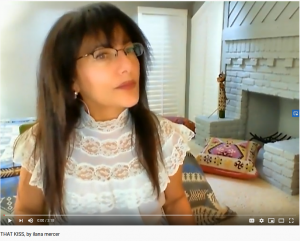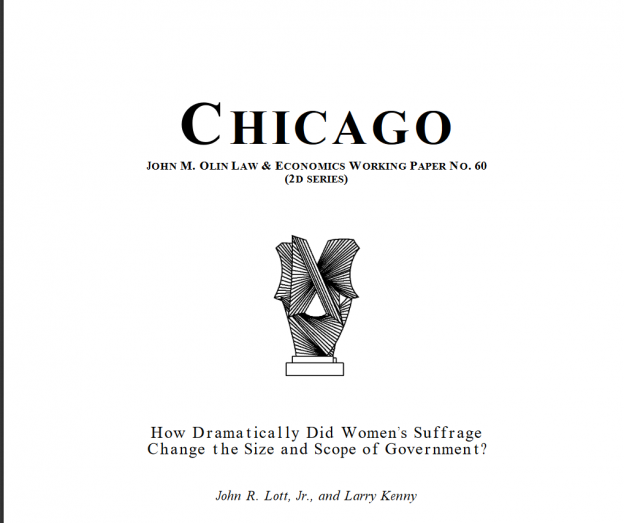NEW COLUMN, “A Christmas Story Before Nerf Guns Became a No-No,” is on American Greatness.
An excerpt:
Described by a critic as “one of those rare movies you can say is perfect in every way,” “A Christmas Story,” directed by Bob Clark, debuted in 1983. Set in the 1940s, the film depicts a series of family vignettes through the eyes of 9-year-old Ralphie Parker, who yearns for that gift of all gifts: The Daisy Red Ryder BB gun.
This was boyhood before the Nerf gun and “bang-bang you’re dead” were banned; family life prior to “One Dad Two Dads Brown Dad Blue Dads,” and Christmas before Saint Nicholas was denounced for his whiteness, and “Merry Christmas” condemned for its exclusiveness.
If children could choose the family into which they were born, most would opt for the kind depicted in “A Christmas Story,” where mom is a happy homemaker, dad a devoted working stiff, and between them, they have zero repertoire of progressive psychobabble to rub together.
Although clearly adored, Ralphie is not encouraged to share his feelings at every turn. Nor is he, in the spirit of gender-neutral parenting, circa 2020, urged to act out like a girl if he’s feeling … girlie.
Instead, Ralphie is taught restraint and self-control. And horrors: The little boy even has his mouth washed out with soap and water for uttering the “F” expletive. “My personal preference was for Lux,” reveals Ralphie, “but I found Palmolive had a nice piquant, after-dinner flavor—heady but with just a touch of mellow smoothness.” Ralphie is, of course, guilt-tripped with stories about starving Biafrans when he refuses to finish his food.
The parenting practiced so successfully by Mr. and Mrs. Parker fails every progressive commandment. By today’s standards, the delightful, un-precocious protagonist of “A Christmas Story” would be doomed to a lifetime on the therapist’s chaise lounge—and certainly to daily doses of Ritalin …
…
NEW COLUMN, “A Christmas Story Before Nerf Guns Became a No-No,” is on American Greatness.
Merry Christmas.




